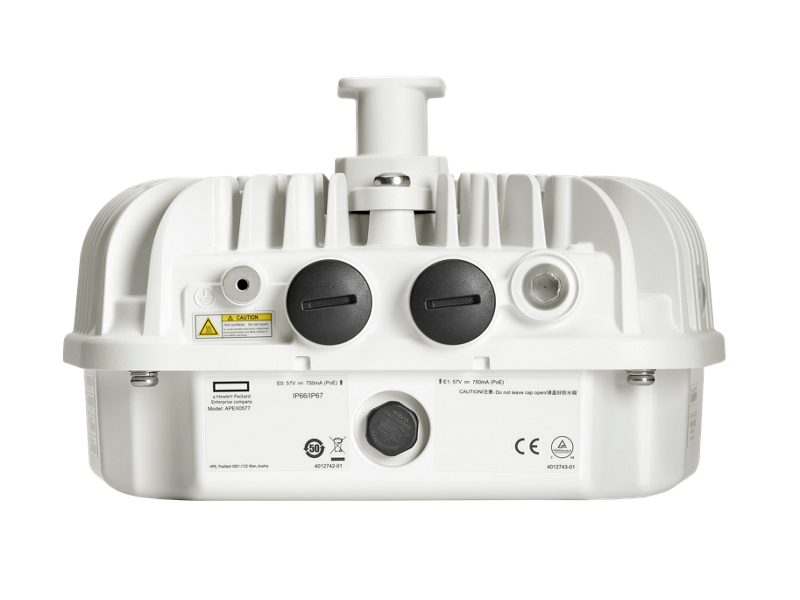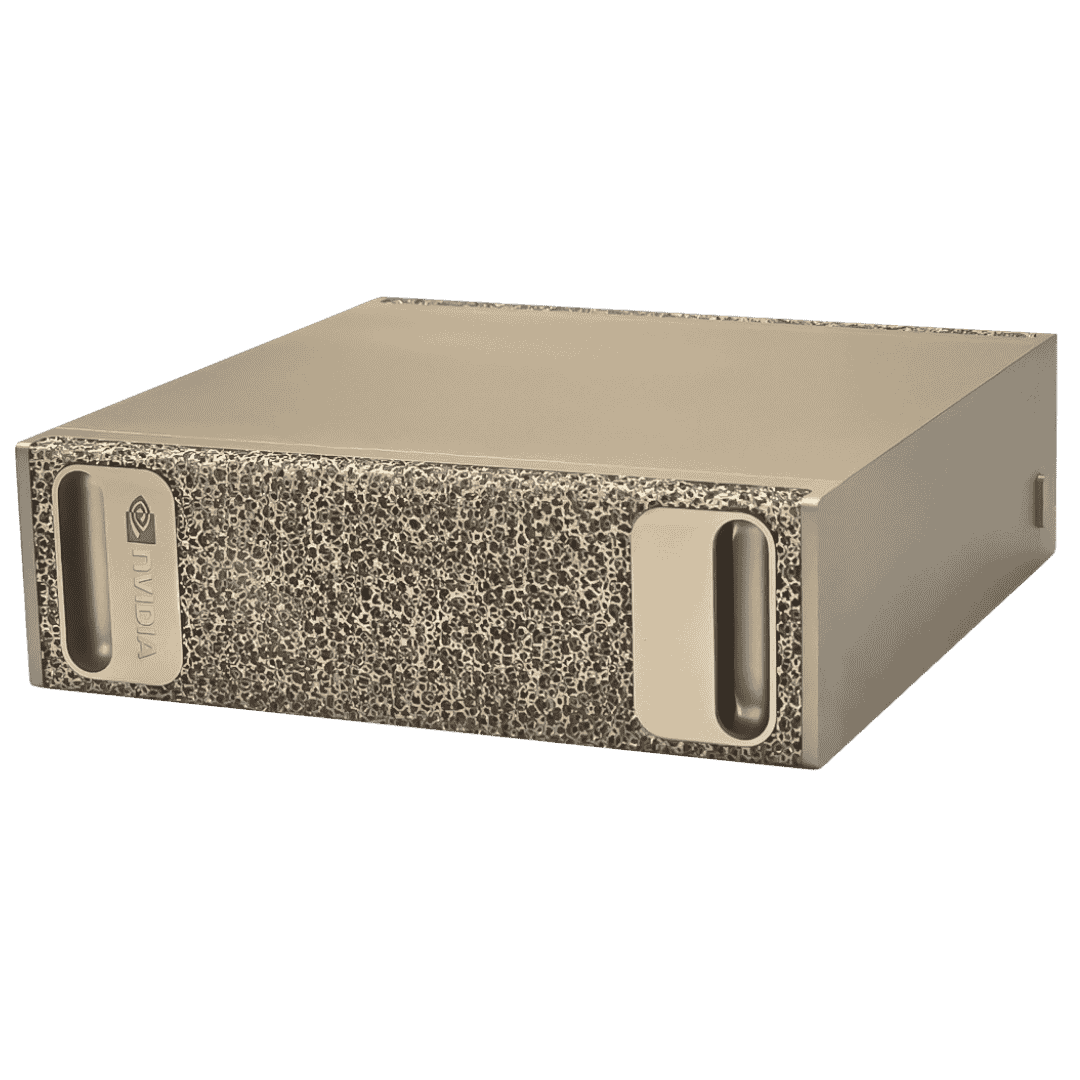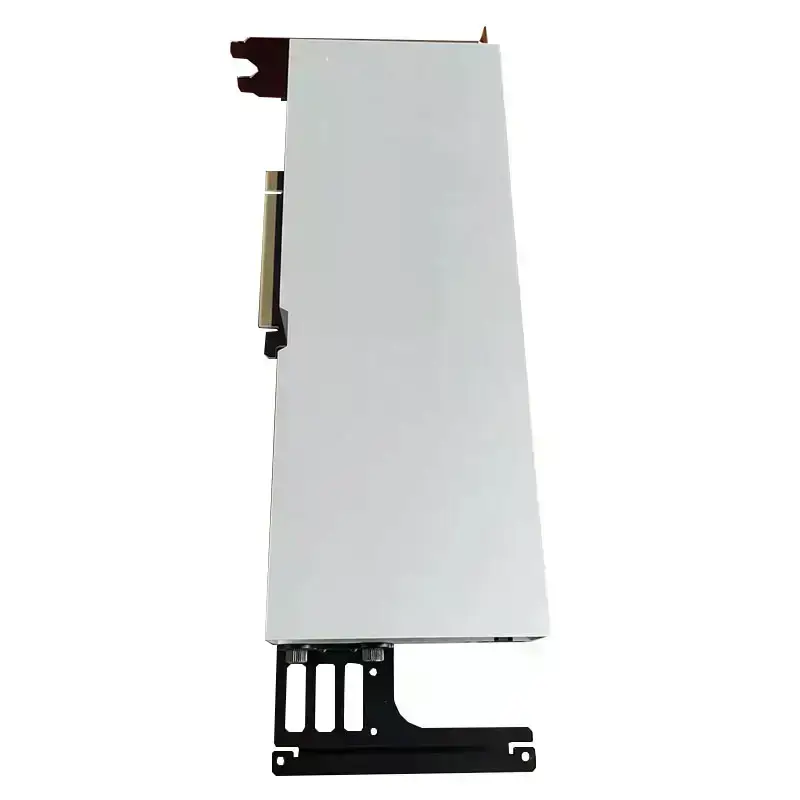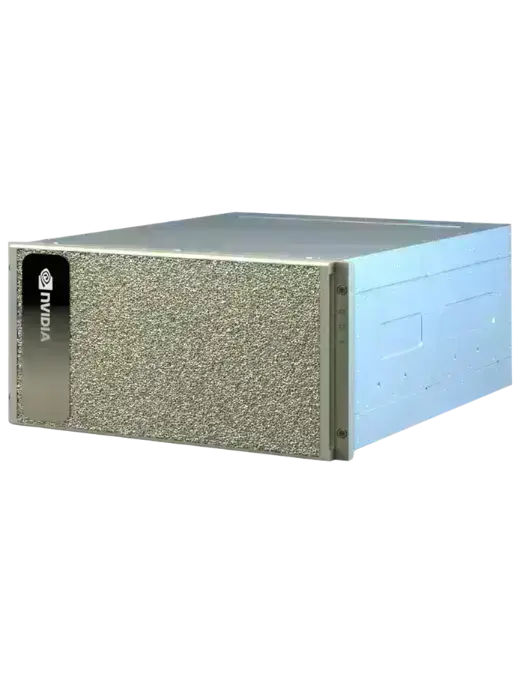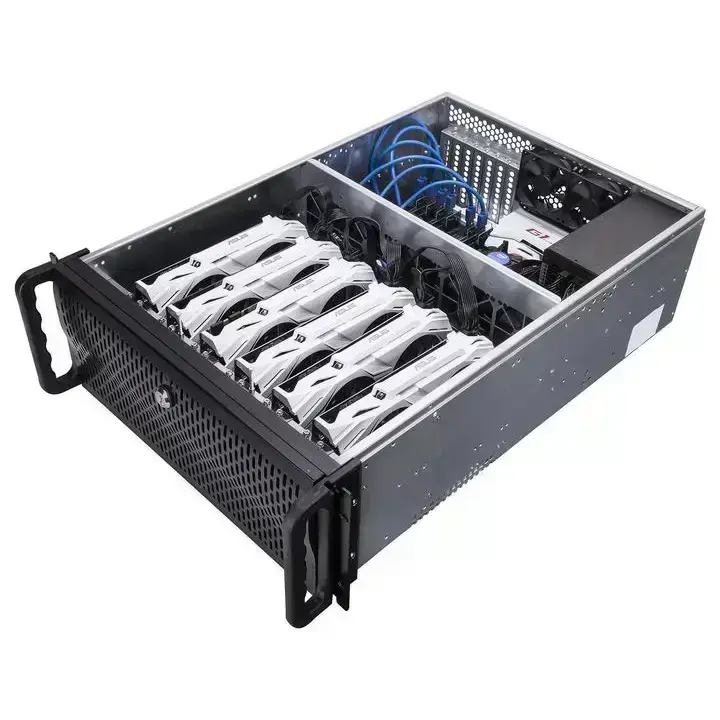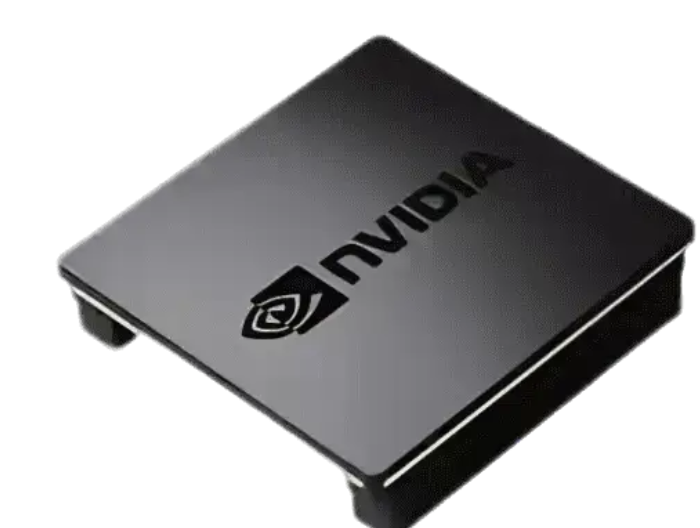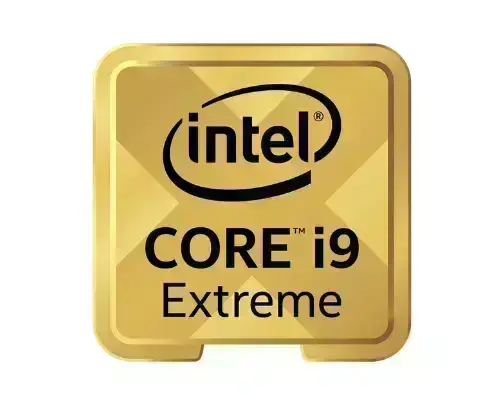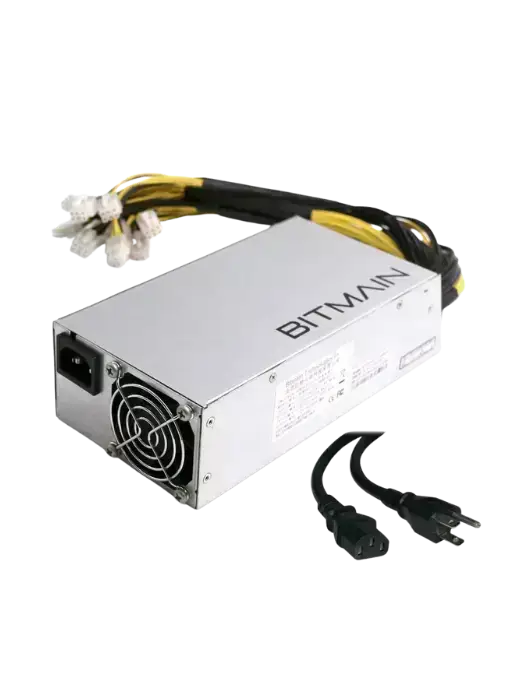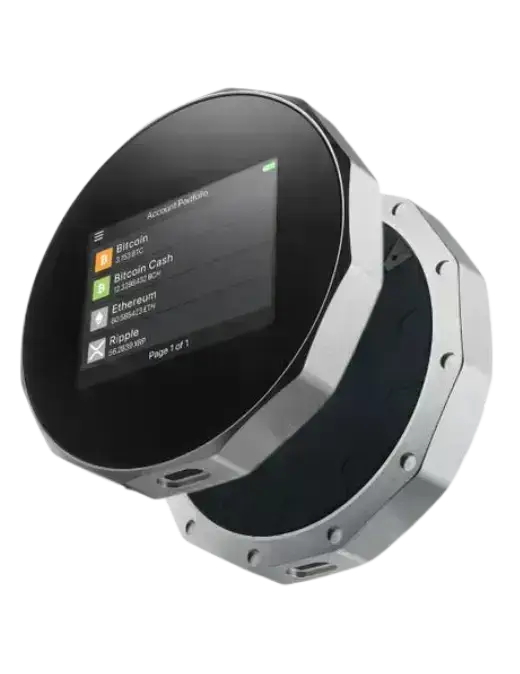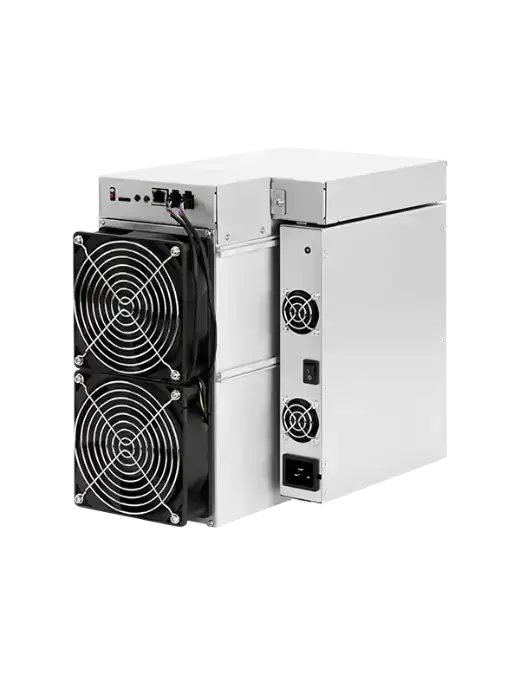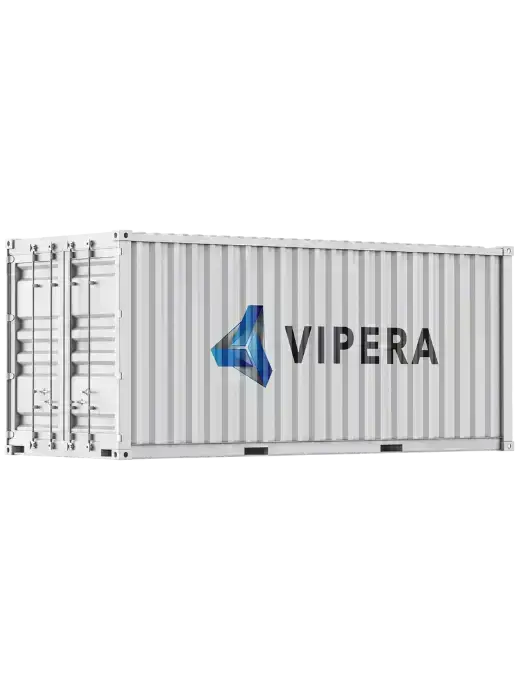Kaspa mining is becoming increasingly popular in the world of cryptocurrency. Like every other cryptocurrency, Kaspa requires a mandatory mining process to validate transactions. This comprehensive guide will take you through the entire process, from understanding what Kaspa mining is to setting up your mining rig and optimizing your profits.

What Is Kaspa Mining?
Kaspa mining is crucial for validating and verifying transactions on the Kaspa network. Since Kaspa is decentralized and not governed by any central authority like banks or financial institutions, mining ensures the integrity and security of the network. Miners use specialized hardware to solve complex mathematical problems, thereby validating transactions and adding them to the distributed Kaspa ledger.
Why Is Kaspa Mining Different?
Kaspa’s unique blockDAG architecture follows the GhostDAG protocol, allowing it to process multiple transactions in parallel rather than sequentially like traditional blockchains. This results in much faster transaction times — Kaspa transactions are confirmed in just 10 seconds, compared to Bitcoin’s 10 minutes. This makes Kaspa ideal for daily transactions and sets it apart from many other cryptocurrencies.
How to Mine Kaspa: Step-by-Step Guide

Picking the Right Kaspa Mining Hardware:
To mine Kaspa effectively, you need specialized hardware. General-purpose devices like CPUs and GPUs are inefficient due to the increasing mining difficulty. Instead, you’ll need Application-Specific Integrated Circuits (ASICs) designed specifically for Kaspa’s KHeavyhash algorithm. These ASIC miners offer high hash rates and energy efficiency, making them ideal for Kaspa mining.
When selecting your mining hardware, consider the following:
High hash rate | Better energy efficiency | Reasonable power consumption | Effective cooling system
Getting the Kaspa Wallet Address:
To receive your mining rewards, you need a Kaspa wallet. There are several types of wallets available:
Web/Mobile Wallet: Backed by Progressive Web App (PWA) technology, it’s easy to use and secure.
Desktop Wallet — KDX: Managed by KDX process managers for seamless installation and configuration.
Command Line Wallet: Part of the core Kaspa node software bundle, maintained by the Kaspa core team.
Ledger with KASVault: A frontend interface for using your hardware wallet with Kaspa. You can create your Kaspa Web Wallet by clicking here.

Configuring Mining Software:
Choosing the right mining software is essential for effective Kaspa mining. The software regulates your mining hardware, ensuring it efficiently solves algorithms and mines new Kaspa coins.
Joining a Kaspa Mining Pool:
While solo mining is possible, joining a mining pool can increase your chances of earning rewards, especially if you’re a beginner. Many pools support Kaspa mining. When configuring your mining rig, add the pool name, miner name, and password. It’s advisable to join multiple pools to ensure uninterrupted mining.
You can find suitable Kaspa mining pools here.
Starting Your Kaspa Mining Journey:
Once your hardware is connected to a mining pool, you can start mining immediately. Monitor your mining status, including hash rate, energy consumption, and temperature, in real-time on your ASIC’s dashboard. Optimize these settings for better performance and restart your miner if you encounter any delays in readings.

Kaspa Mining Profitability
Predicting the profitability of Kaspa mining involves several factors:
Kaspa’s Price: The current and historical prices of Kaspa directly affect your mining profits.
Electricity Costs: Mining is energy-intensive, so high electricity costs can significantly impact profitability.
Quality of Mining Hardware: The efficiency, hash rate, and power consumption of your mining hardware play crucial roles in determining your profits.
Mining Pool Fees: Be aware of any fees associated with joining a mining pool, as they can also affect your overall profitability.
Conclusion
Mining Kaspa can be a rewarding venture if you have the right hardware and follow best practices. By investing in specialized ASIC miners, setting up a secure wallet, and joining a reliable mining pool, you can maximize your chances of success. Keep an eye on Kaspa’s market trends and electricity costs to ensure your mining operation remains profitable.
Ready to start mining Kaspa?
Follow this guide, and you’ll be well on your way to becoming a successful Kaspa miner!
